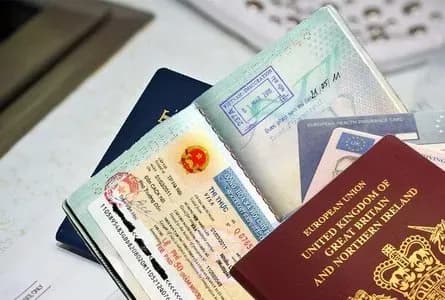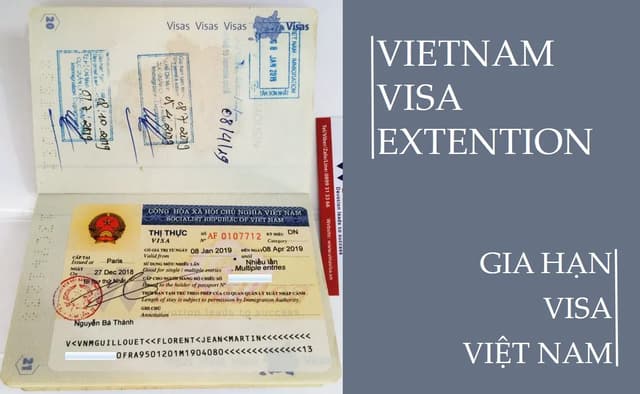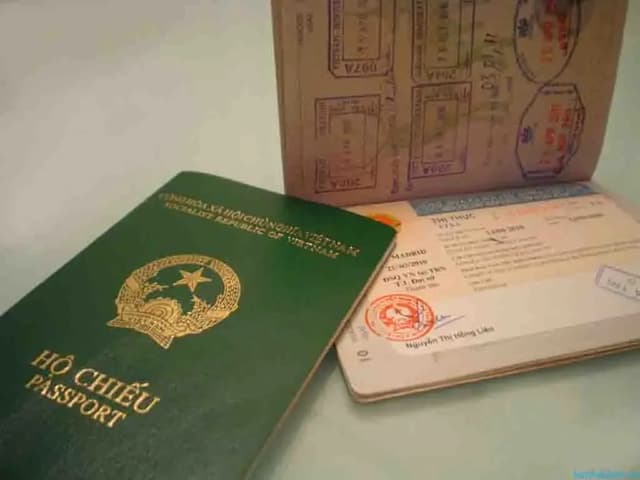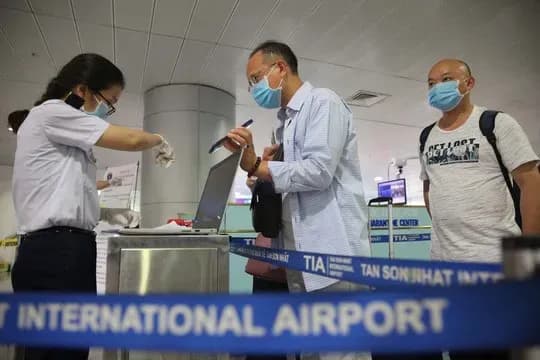Issues raised for resource management in Vietnam
By Hoa Nguyen
26/11/2024
Resource management in Vietnam faces numerous complex issues. Over-exploitation and environmental pollution are degrading the quality and quantity of natural resources. Climate change also poses significant challenges, affecting the ability to use and protect resources. To address these issues, effective management policies, cooperation between government agencies and communities, and increased awareness of the importance of resource protection for sustainable development are essential.
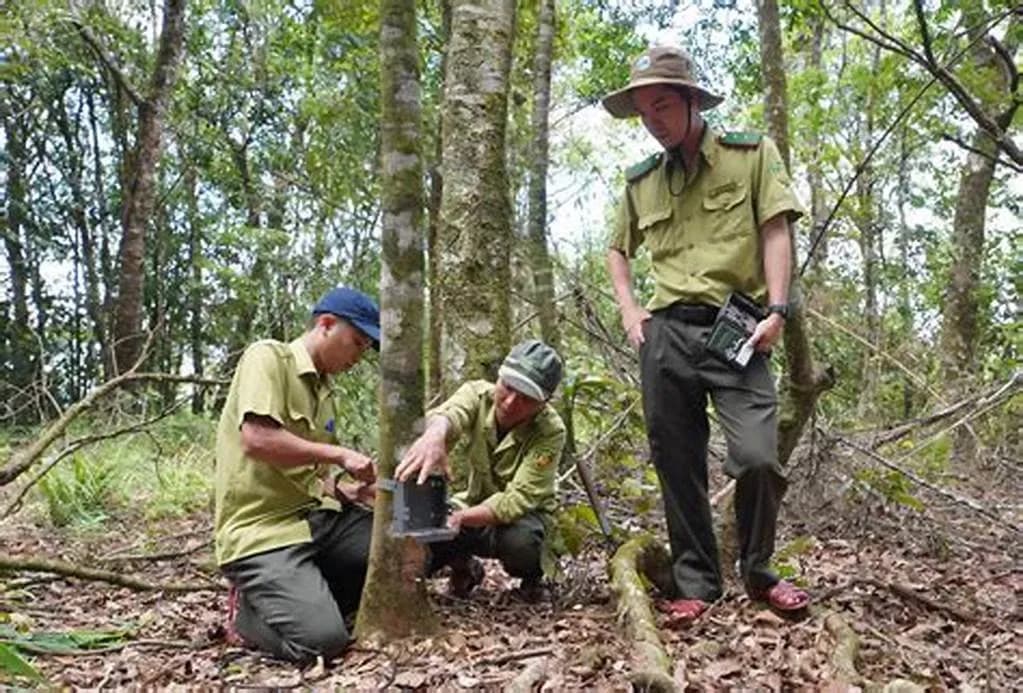
Faced with the requirements of the new development period, transforming growth models and improving development quality, many practical issues are posing increasingly greater challenges to resource management.
One is, Our understanding of the potential, reserves, and value of the country's natural resources is still limited; Information and data on resources are incomplete, comprehensive, inconsistent and not standardized.
Land, water, mineral resources, ecosystems, landscapes, potential positions... have not been fully and comprehensively investigated and evaluated in terms of potential, reserves and value. Mineral geology has mainly been investigated at the surface or to a depth of 100m in more than 60% of the area; New marine mineral geology has been investigated in areas with water depths of up to 100m. Water source investigation and exploration activities are still very limited, especially underground water sources; Information and data on water resources are still lacking. Most natural ecosystems have not been fully and comprehensively investigated, evaluated, or periodically inventoried. Forest data is still inadequate and inconsistent. Information and data on aquatic resources are not reliable enough.
Investigating, evaluating, and quantifying the economic value of resources has only been tested in a few groups and types. Resource valuation has only been implemented for some groups of resources, there are still many shortcomings, and it is not consistent with market economic institutions. The establishment of national accounts of resources has not been studied and developed. Natural resources have not been fully accounted for in the economy.
Information and data about resources are not standardized, not highly reliable, and not uniformly managed, causing many difficulties in use. Low quality input information and data leading to inaccurate assessments and forecasts is a major problem in resource management policy planning in particular and socio-economic development in general in our country. .
Second, Natural resources have not been balanced and distributed reasonably, close to the requirements and goals of socio-economic development; Conflicts in goals and interests in exploitation and use, imbalance in supply and demand of natural resources is increasing.
The population is growing rapidly, the economy is developing strongly, dynamically, and diversely, with the need to use space, premises, land, water, energy, natural resources, and materials for urbanization and industrialization. Developing technical infrastructure, transportation, ensuring energy security, food security, ecological security, improving the quality of life of the people is increasingly growing while space, premises, and financial resources are increasing. resources are limited, even decreasing, raising the issue of balance, Allocating resources in the face of huge challenges. Reality shows that this work is not being carried out methodically, lacks standards, there are still many confusions and inadequacies, and the overall benefits and short-term and long-term harmony have not been taken into account, leading to conflicts and even conflicts. conflicts between industries, fields, social groups, between the present and the future; At times, there are places that are hindering development, causing ecological and environmental consequences. Meanwhile, in many places land and natural resources are not used for their intended purposes, or even not used at all, causing waste and loss.
Third, Exploitation and use of many groups of resources are unreasonable, ineffective and unsustainable, leading to waste of national resources, and some resources are degraded and exhausted.
Resource use intensity (using resources to create 1 unit of GDP) is still at a high level. The rate of increase in resource productivity tends to slow down, with some types of resources having low productivity compared to the world average. Vietnam's land use productivity has increased over time and reached a high usage level compared to other countries in the region (1), but has been stagnating and even moving sideways since 2010 (2). According to assessments by a number of international organizations, Vietnam ranks among the countries with the lowest water productivity in the world (3).
Natural resources are still used wastefully and ineffectively, limiting the ability to contribute to socio-economic development. Land that has been allocated or leased is slow to be used; ineffective use of agricultural and forestry land; Land degradation and desertification are increasing. Minerals are still exploited fragmentarily, small-scale, and illegally; export minerals in the form of raw materials; Exploitation and processing technology is outdated and slow to innovate... leading to loss and waste of this important non-renewable resource. Water resources have not been exploited comprehensively to serve multiple purposes, leading to low efficiency; Seasonal and local water shortages in regions are still serious. The area covered by forests has increased, but the quality of forests has decreased, and natural forests have degraded strongly. Aquatic resources are increasingly declining, productivity and exploitation efficiency are low. Therefore, resources have not been fully exploited to their full potential and strengths.
Four, Revenue from natural resources has not been used sustainably, benefits from resources have not been distributed reasonably and harmoniously; Not paying enough attention to the protection, regeneration, recovery and development of renewable resources.
Along with controlling exploitation activities to ensure that renewable resources are exploited within the limits of recovery and renewable capacity, attention should be paid to protection, recovery, and regeneration for development. the country's natural resources. However, reality shows that this work has not been given due attention and has not been invested properly, so many of the country's renewable resources are on the decline in quantity and quality. Water resources, forest resources, and aquatic resources are increasingly declining, even at a faster rate. Some renewable resources are degraded and exhausted excessively, leading to loss of regeneration and recovery ability.
The lesson of the "resource curse" is waking up countries with advantages in non-renewable resources. The country's oil, gas, coal, and mineral reserves are gradually decreasing and will be exhausted in the near future. Revenue from non-renewable resources has not been used sustainably, and benefits from these resources have not been distributed in a reasonable and harmonious manner. People in places where natural resources are exploited have not benefited adequately and are still suffering from many adverse effects caused by resource exploitation.
Investment in searching and expanding mineral activities abroad, developing renewable resources, raw materials, and alternative fuels has not received adequate attention. Most waste has not been recycled, regenerated, or recovered for use in order to partially reduce the pressure on natural resources.
Vietnam visa application service for foreigners
By Hoa Nguyen
16/10/2024
Our Vietnam visa application service provides a quick and convenient solution for foreigners who need to enter and temporarily reside in Vietnam. We provide short-term and long-term visas for tourism, business, investment and visiting relatives. With a simple and professional process, we ensure to save time and bring satisfaction to customers. Contact us now for support!
Extend Vietnam visa procedures for foreigners
By Van Vu
16/10/2024
Extending Vietnam visa for foreigners is one of the important services to ensure legal residence in Vietnam. We provide a fast and simple visa extension process, suitable for various types of visas such as tourism, business, and visiting family. With attentive and professional support, we commit to bringing convenience and peace of mind to customers during the visa extension process. Contact us for detailed advice and support on extending Vietnam visa procedures.
Procedures for applying for visas for foreigners working in Vietnam
By Van Vu
16/10/2024
This article provides detailed instructions on the procedures for applying for visas for foreigners working in Vietnam, including short-term and long-term visa types, as well as corresponding conditions and expiry dates. In addition, information on legal regulations and necessary documents is also provided to support foreign workers and businesses in carrying out procedures effectively and legally.
Visa issuance for foreigners at international border gates
By Van Vu
21/10/2024
According to Article 18 of the Law on Entry, Exit, Transit and Residence of Foreigners in Vietnam 2014, the issuance of visas at international border gates for foreigners is regulated in detail.

